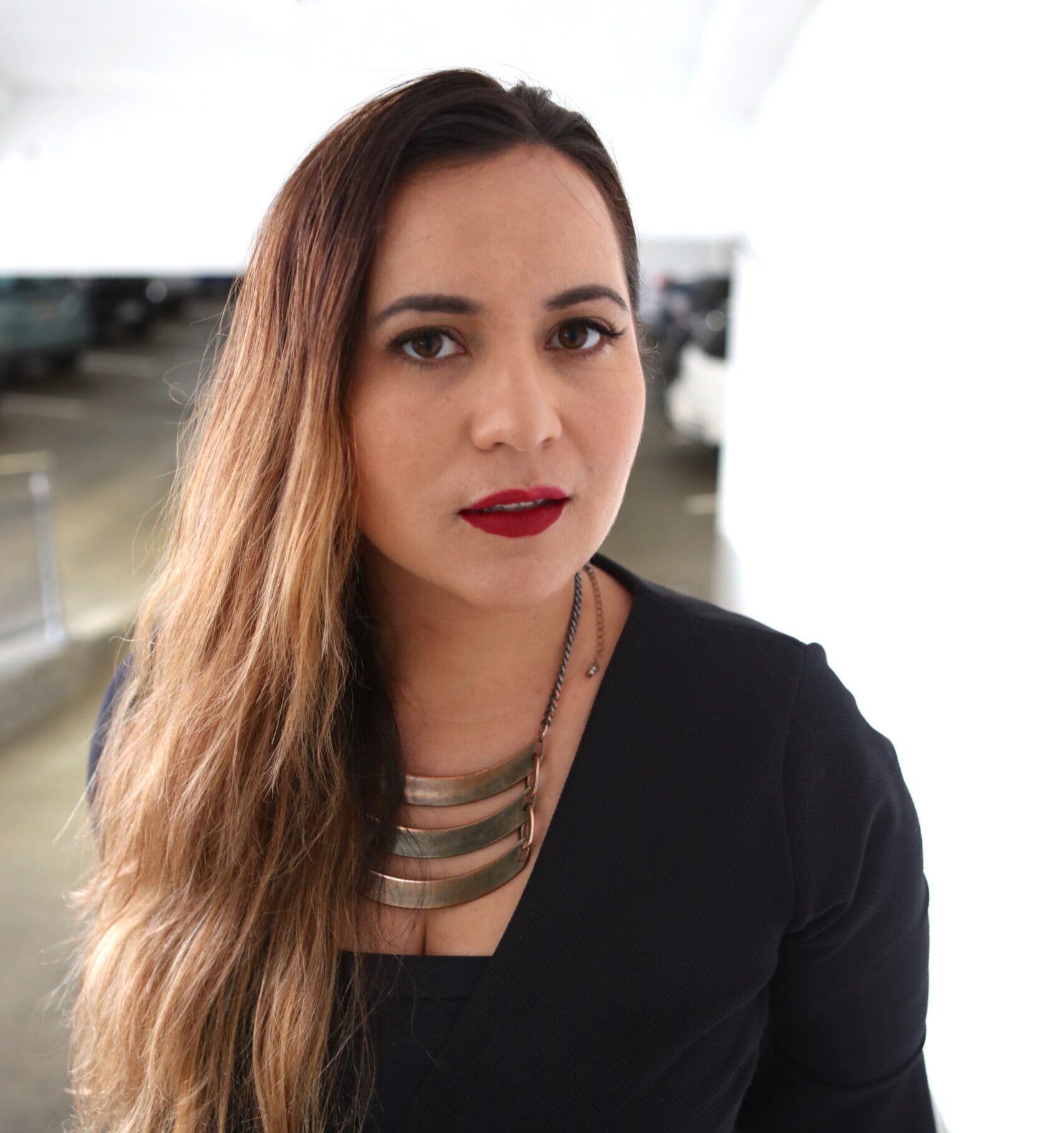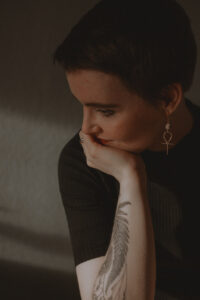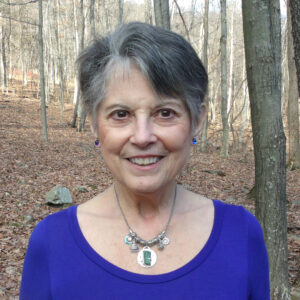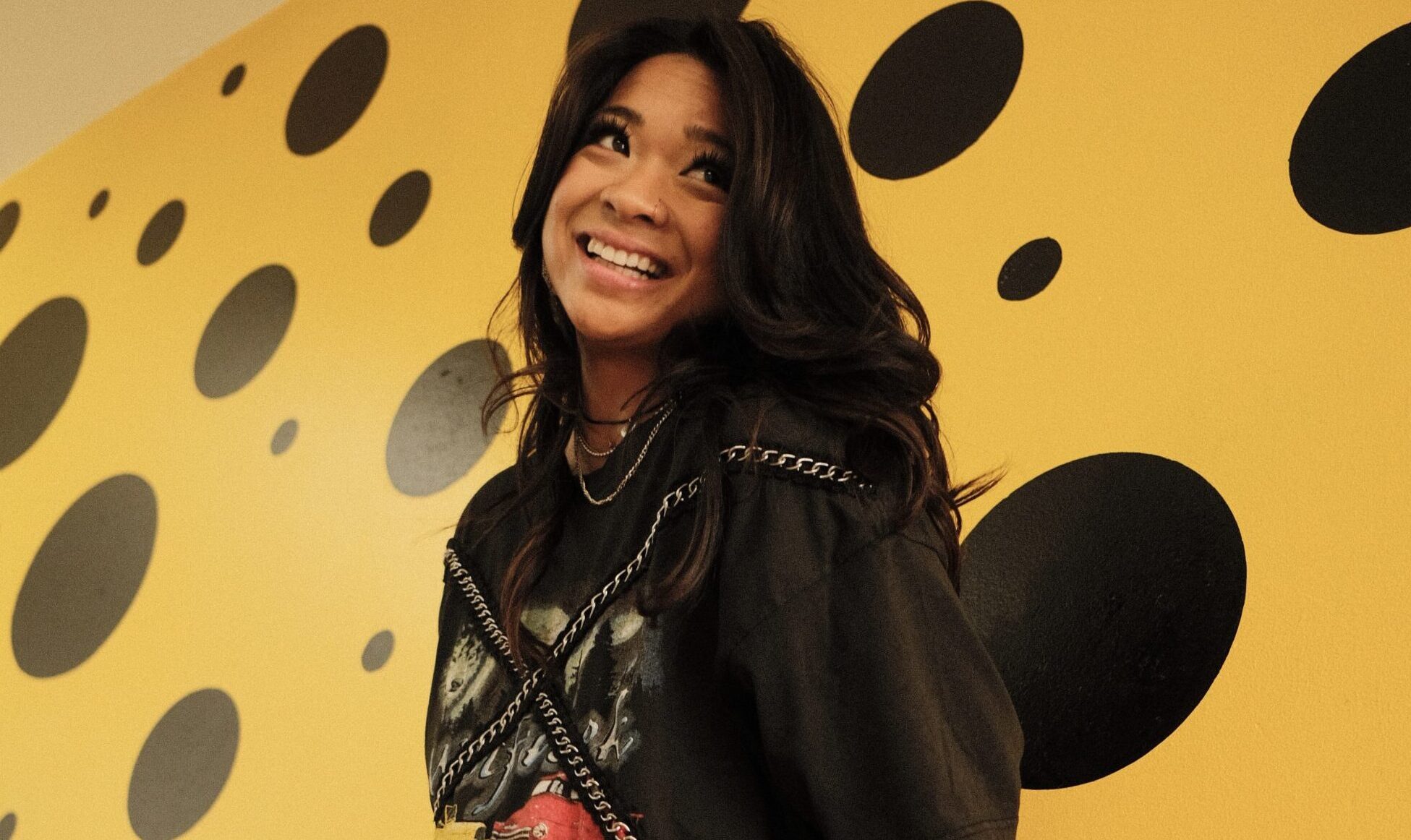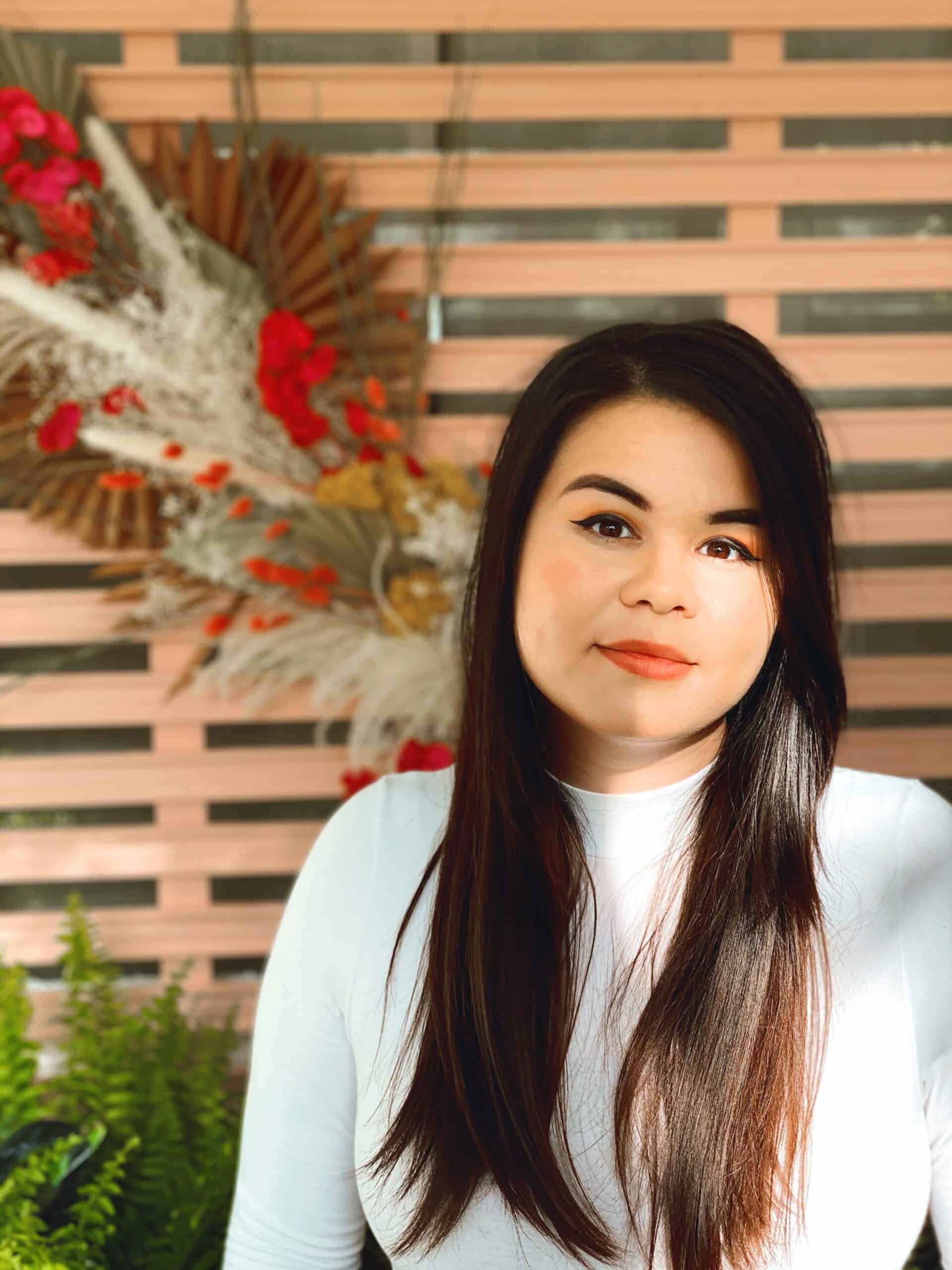Meet Renae Maihi, a captivating storyteller and filmmaker whose passion for storytelling as a form of healing and escapism has shaped her remarkable journey. Renae’s innate talent for crafting narratives and exploring universal themes while staying true to her cultural heritage has garnered her recognition and respect in the industry. Despite facing challenges such as racism, sexism, and ageism, Renae’s determination and resilience have been instrumental in overcoming these hurdles and creating impactful work. Her commitment to incorporating Indigenous values and practices into her storytelling reflects her deep connection to her roots and her desire to make a meaningful impact on Indigenous communities worldwide. Join us as we delve into Renae’s inspiring career, her artistic vision, and her upcoming projects that promise to captivate audiences and leave a lasting impression.
What inspired you to pursue storytelling as a form of healing and escapism, and how has this passion evolved over time?
I think storytellers are born. It is how you look at the world so it was never something I pursued, it was just who I was. Writing, singing, dancing was the only way I could make sense of and process some of the challenges I faced during my upbringing. I was very fortunate to have the traditional stories of my people shared with me too, and those stories contained layers, lessons, parables and depth that I fully understood and resonated with. From a really young age, around 7-8, I was writing poetry in books as a way to process my emotions. I wish I still had those poems I wrote, I can still feel them in my spirit and I now know, as an adult, they were so deep for a little girl, I’m grateful I had that outlet to release with.
Could you discuss some of the challenges or struggles you faced in your career and how you overcame them?
Racism. Sexism. Ageism. People assuming that as an Indigenous Māori woman, I am stupid. This really got to me over my career, especially since I was actually identified as a gifted child so I was the opposite of unintelligent. The sexism has been tough too, dealing with crew who don’t treat you with respect has made for unnecessary difficulty on set. Lastly, the ageism, I started young as a storyteller, as a playwright, I had my first professional work when I was 25 years old, I started directing in my 20’s too and I faced a lot of professional jealousy from older women to be honest. With all three of these isms, the way I have overcome them is by never giving up. I also am very specific with who I let around me and who I work with. Filmmaking is difficult enough, it is much better to do it with good people who respect you see you for who you actually are, not through the eyes of their prejudice.
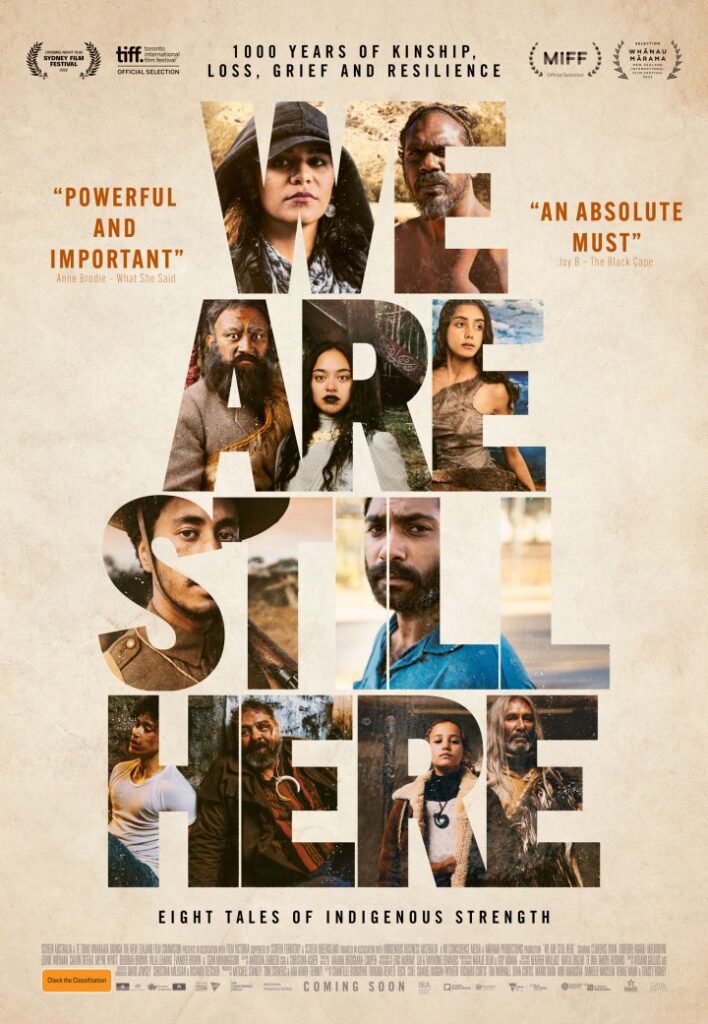
What are some key lessons you’ve learned along your journey as a filmmaker and storyteller?
Honestly, what I’ve learned is that great storytellers have a love for humanity and that’s why we tell stories. It is that love that drives us to tell our stories and keep going, even when it feels like it’s so hard because the trajectory isn’t simple. I’ve also learned that my characters exist in spirit and I have just collaborated with my own emotions to bring them to life. I am so grateful to all those characters because I would never have been able to heal myself without them. I have my living family and friends, and then my character family. I’m not sure which family I like better. Just kidding.
How do you incorporate Indigenous medicine practice into your storytelling, and what impact do you hope your work has on Indigenous communities?
Because it is who I am, my Indigenous values are embedded into my life, therefore into everything I do, especially storytelling. It is contained in the way I tell stories of course, but also in the process of how I create stories. Occasionally, I will have a vision and a visitation from spirit. If I need guidance from a particular Atua (God or Goddess of Natural realms) I will call for that help, relax, go into nature and reground myself. The answer generally comes pretty quickly when I do that. My partner is North American Indian (over US and Canada border) and so we have a cross-cultural array of ceremonies and prayer that we use when we need to – in the most ordinary yet sacred way.
Can you share a particularly inspirational or meaningful moment from your career that has shaped your artistic vision?
Recently I’ve been working developing my next feature film with Garrick Dion who is a Hollywood Producer who made films such as Drive, Whiplash and Nightcrawler. I have found it really inspiring working with Garrick because, although we come from different countries and different cultural backgrounds we understand the same language of cinema and story. It has been remarkable and inspiring for me to have found a collaborator like him, someone who is known as one of the best development execs in H-town but who is also just a really great, cool person who treats me with respect and as an equal. This has shaped my artistic vision because I now understand how global my stories are and how needed they are in all communities across the planet. If Garrick who grew up on the east coast New England gets it and me, I’m going to keep heading in that direction.
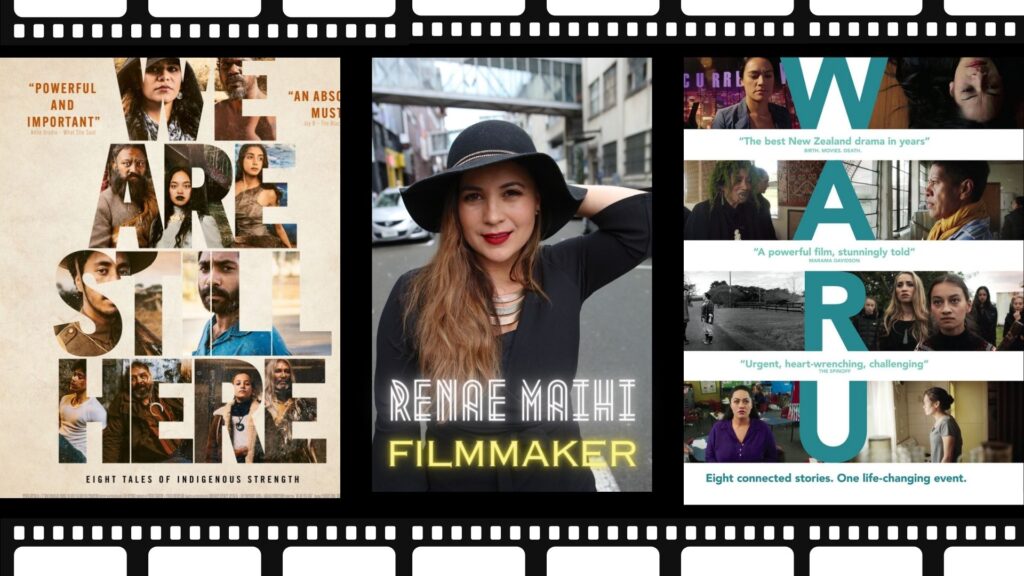
What advice would you give to aspiring filmmakers or storytellers, especially those from underrepresented or marginalized backgrounds?
Channel the rage into progress. It is inevitable you will be discriminated against because the world is still growing up and the power is not yet representative of us all. Take that energy that may piss you off when you are not listened to or respected and channel it into your work and adopt a “I’ll show you” attitude. That is the only way you can make lemonade from those lemons. Also, CRAFT. Filmmaking is a craft. Directing requires some of the most diverse skills that I’ve ever seen in job, you have to be a humanist, sensitive to emotion, highly technical and a leader. Learn the craft.
How do you balance staying true to your cultural heritage while also exploring universal themes in your storytelling?
That is pretty easy, at the end of the day we are all humans and we all experience the same emotions. The only difference is that I am showing those emotions in a different context and environment but at the end of the day, the human experience is universal.
What future projects or goals are you currently working on or excited about?
I’m excited about my feature film that I’m developing. I hope I can shoot it at the end of this year 2024 or early 2025. Readers should follow me on my socials – I will share more when financing is locked!
Finally, how can people support and engage with your work, whether it’s through viewing your films or participating in your creative endeavors?
In the last few years, I shut down my social media, aside from filmmaking, I’m also an advocate for Human Rights. I took on a big racism case in my country against one of the wealthiest men, and I won. My social media accounts though were vulnerable and I deleted them. I spent a few years healing and working on myself, shying away from the public and I lost my following. I am now completed my healing journey and stepping back out. I am trying to regrow my following but I’ve been gone for a few years and so it is proving challenging.
So, how can you support me?
Please follow me on socials, please check out my website. Please go watch my film when it hits a cinema near you.
www.renaemaihi.com
Wikipedia | Facebook | Instagram
